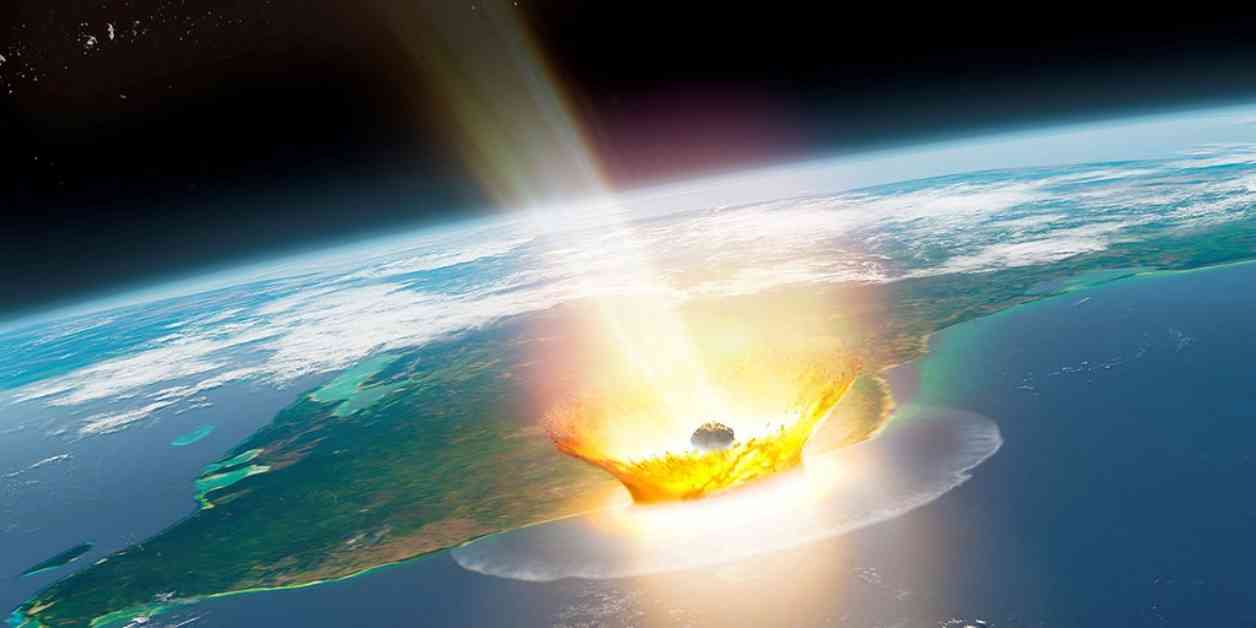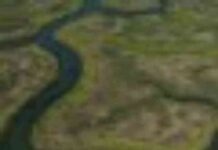Scientists Discover Origin of Asteroid that Killed Dinosaurs
In a groundbreaking new study published in Science, researchers have uncovered the origin of the asteroid that wiped out the dinosaurs 66 million years ago. The study, led by Mario Fischer-Gödde of the University of Cologne in Germany, reveals that the asteroid responsible for the mass extinction event likely originated beyond the orbit of Jupiter.
Geological Remains in Chicxulub, Mexico
The team of scientists reached this conclusion after examining the geological remains of the impact site in modern-day Chicxulub, Mexico. By measuring ruthenium isotopes in the impact deposits and comparing them with various classes of meteorites, the researchers were able to determine that the Chicxulub impactor was a carbonaceous asteroid that formed in the outer Solar System. This finding contrasts with previous impacts, which were caused by silicate asteroids originating in the inner Solar System.
Global Stratigraphic Layer and Platinum-Group Elements
The impact of the asteroid at Chicxulub produced a global stratigraphic layer that marks the boundary between the Cretaceous and Paleogene eras. This layer contains elevated concentrations of platinum-group elements, including ruthenium, further supporting the theory that the asteroid formed beyond Jupiter’s orbit. The study’s abstract highlights the unique nature of the Chicxulub impact, stating that it represents a rare case of a carbonaceous-type asteroid colliding with Earth.
Implications for Earth’s History
Mario Fischer-Gödde, the lead researcher, reflected on the significance of the asteroid impact, posing a thought-provoking question: “Without this impact, what would our Earth look like today?” This discovery sheds light on the intricate history of our planet and serves as a reminder of the fragile balance that sustains life on Earth. As we contemplate the mysteries of the universe, we are reminded of the remarkable journey that has brought us to this moment.
In conclusion, the origin of the asteroid that killed the dinosaurs offers a glimpse into the vast and complex tapestry of our solar system’s history. Through the meticulous work of scientists, we are able to unravel the mysteries of the past and gain a deeper understanding of the forces that shape our world. Let this discovery serve as a testament to human curiosity and the relentless pursuit of knowledge that drives us to explore the unknown.





















